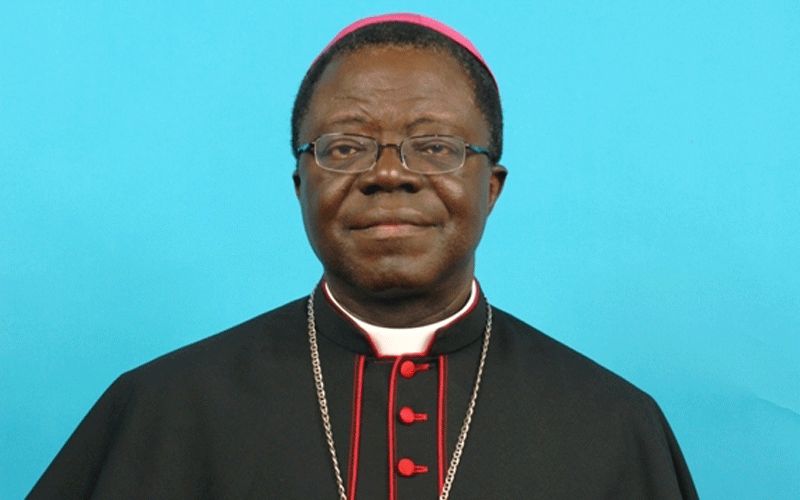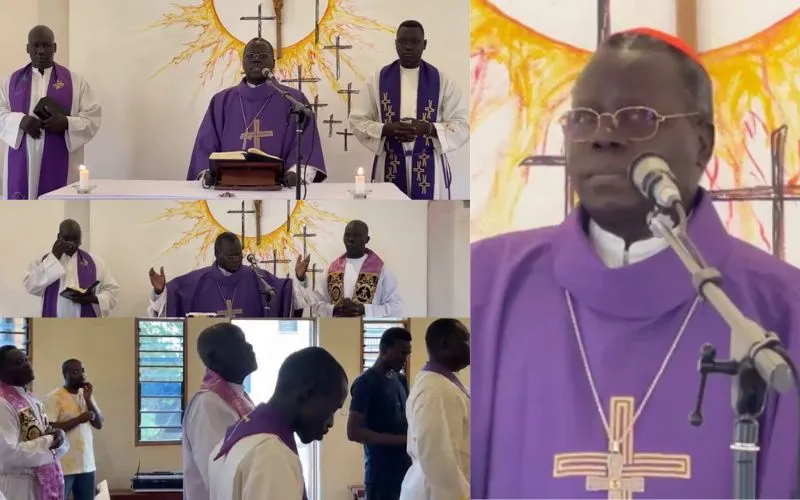Accra, 09 June, 2020 / 4:39 am (ACI Africa).
Following the recent controversial directive by Ghana’s Minister for Religious Affairs that bread and wine be given to worshipers as they enter their respective places of worship, a Catholic Bishop in the West African nation has said the directive is at variance with “liturgical norms” and offered an explanation.
On June 1, the Minister of Chieftaincy and Religious Affairs in Ghana sought to give guidelines ahead of the resumption of public worship on Friday, June 5 announcing, among other directives, “Pre-packaged communion bread and wine should be picked up by members at points of entry to the worship centre.”
“The directive certainly goes against the liturgical norms of the Catholic Church, which demand that the bread and wine be on the altar for the consecration. People cannot be holding them in the pews to be consecrated,” Bishop Joseph Osei-Bonsu of Ghana’s Konongo-Mampong Diocese said Saturday, June 6.
“I am sure that the Minister gave this directive on grounds of health, but we can achieve the same aim without going against our liturgical norms and traditions,” Bishop Osei-Bonsu further said.
He wondered how the directive would be implemented probing, “Will the members hold the ‘prepackaged communion bread and wine’ in their hands in church until such a time that prayers are said over them, after which they will consume the consecrated bread and drink the consecrated wine. Are they going to be holding these elements all the way through the service until it is time for communion? How will they be consecrated? Where will they put them when they are taking money from their purses or wallets for collection?”








